GLA is proud that our teen travel program do not include elephant riding of any kind. Read on to learn more about our stance on this issue.
“Are you serious?!” you might ask. “But I couldn’t wait to get my photo riding an elephant in Thailand!” In our imaginations, riding these gentle giants is the ultimate bucket-list item on a trip to Southeast Asia. What could be better than lumbering your way through deep rivers and pristine jungle on the back of an elephant?
Unfortunately, this idyllic image, built up with Instagram posts and Hollywood clips over the years, is a far cry from the reality of the mistreatment and abuse that elephant tourism can perpetuate.
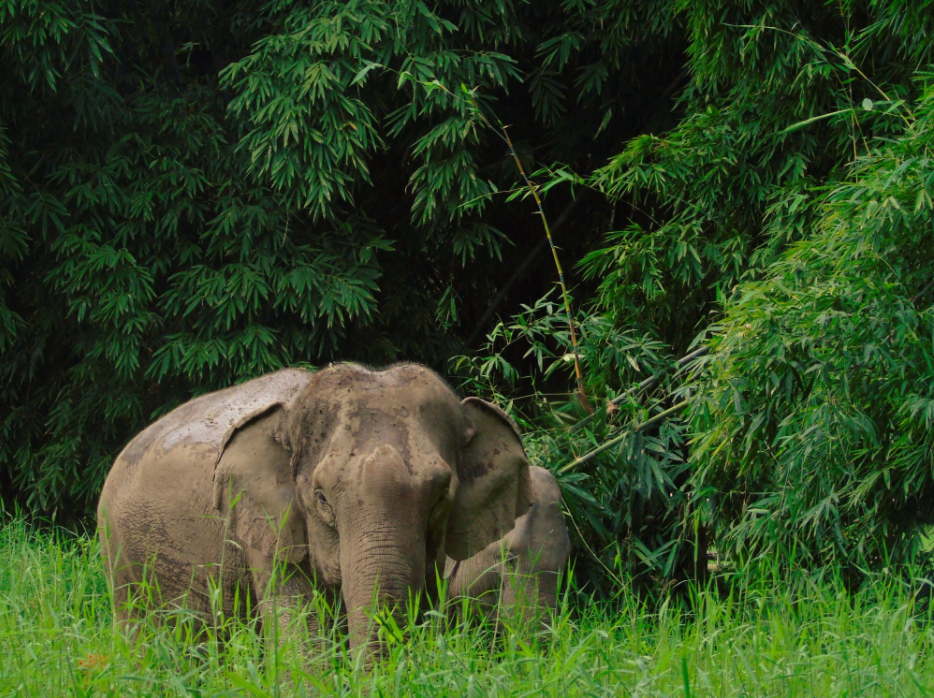
Our programs in Thailand take place at a true sanctuaries where the goal is to let the elephants be elephants, in a stress-free, natural habitat.
Get educated: Elephants in the tourism industry are often abused.
Consider what has to happen to create that momentary snapshot of you, clutching onto an elephant’s back or being lifted by its trunk. The fact is, while they are just as social, emotional and intelligent as you’ve heard, elephants are wild animals, and for any safe human-elephant interaction to take place at close range, they need to go through a breaking process.
Lance Aksamit, a GLA International Director, has traveled throughout Southeast Asia and knows from witnessing various elephant camps: “It’s against the elephant’s evolution to simply accept other random animals like humans, much less do tricks or tolerate rides. The elephant has to either have a great deal of respect for its mahout—built up after a lifetime of trust and individualized attention—or a great deal of fear. In most cases, even camps that market themselves as ethical have probably subjected their elephants to psychological conditioning and brutal training processes.”
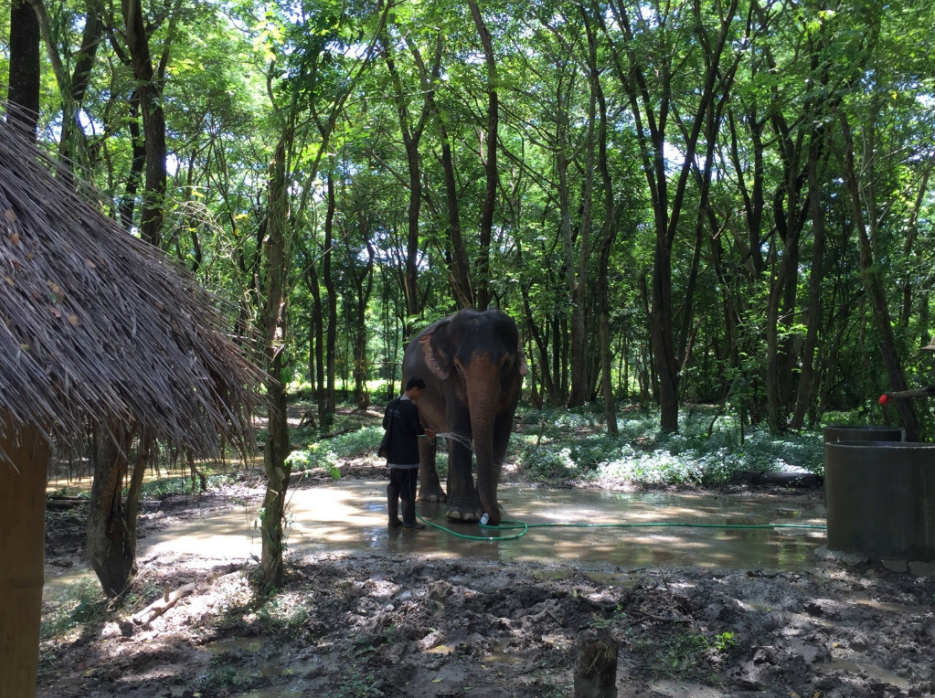
The elephants and mahouts at our program sites have a close relationship built on years of trust, not fear.
Why now? Why did GLA support elephant rides before?
In previous years, GLA was careful to work with partners that permitted single riders only, rather than the heavy baskets of 3-4 riders you might see in photographs of other tourism experiences. However, with the feedback of our students and staff, we decided that no riding is the only ethical riding and we completely removed this activity in 2018.
In addition, many camps or parks that offer elephant rides also continue to quietly breed baby elephants into their programs, although they claim to only recruit animals rescued from other harmful industries such as logging. GLA has decided to eliminate all risk of unintentionally supporting this practice by ceasing partnerships with organizations that offer any sort of elephant riding altogether.
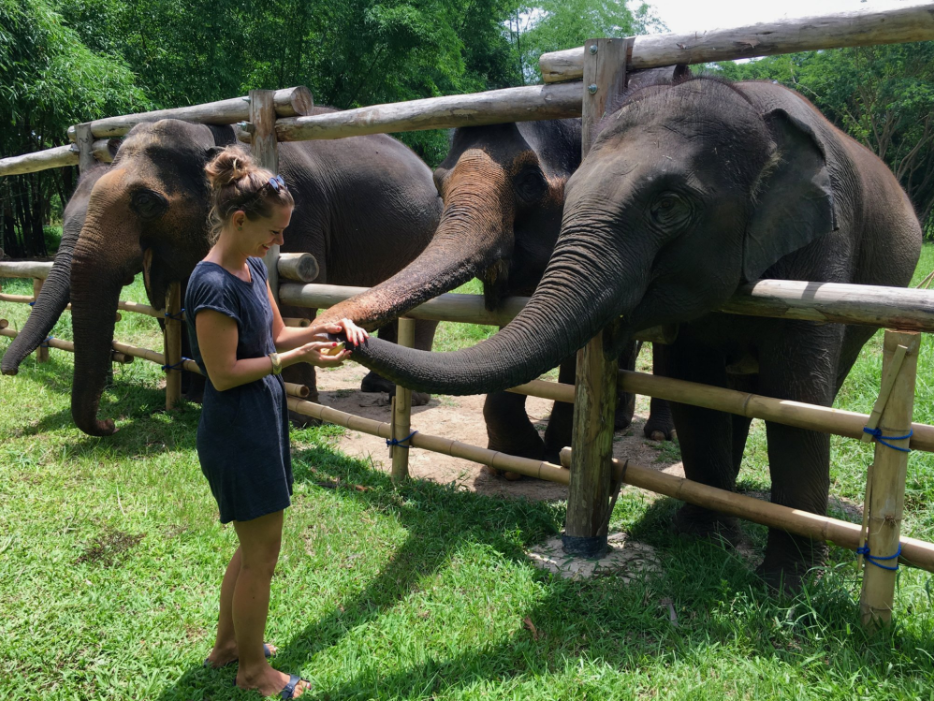
You'll still get to interact with the elephants! Here are a few happy residents of Elephant Valley Thailand at feeding time.
There are better, just-as-magical ways to interact with elephants—and you'll get to experience them all!
You’ll still have profound encounters with elephants that make for lifelong memories! Just without riding them or subjecting them to stressful, unnatural behaviors.
On Thailand: Elephant Sanctuary Project™, you'll volunteer and live at Elephant Valley Thailand, a true sanctuary that prioritizes the wellness of the six resident animals: Maddee, Lou, Mo Jay La, Thong In, Mo Ti Kla and Ka Moon. Follow the elephants through the forest as they wander and graze in their very own grassy paddocks. Help a team of passionate Thai keepers who have worked for over a decade on creating stress-free, natural spaces for elephants, like this sanctuary and a similar oasis in Cambodia.
On Thailand: Elephants & Conservation Expedition™, our most elephant-centric program, students will travel around to different locations volunteering on projects aimed at preserving the natural environment which elephants depend on. Students also have the chance to get up close and personal with these majestic animals while volunteering at a sanctuary, as well as a chance to walk the elephants down to the river and help bathe them.
- On Thailand: In & Beyond the Classroom™, while the main theme of the program is Children & Education, one of the adventure components is a full day spent at a local elephant sanctuary. During this day trip, students have a chance to assist in taking care of the elephants, bathing the elephants in the river, and observing and assisting with feeding time.
On all of these programs, students not only learn from observing the elephants' biology and behavior in a natural state, but also from working closely with the keeper teams, who share a special bond with their animals built over years of trust and commitment, not fear.
Lance says, “The way elephants interact with each other when no mahouts or tourists are around is actually much cooler, a much higher joy. Watching elephants interact with each other and act to their true, wild nature, definitely has its own magic.”
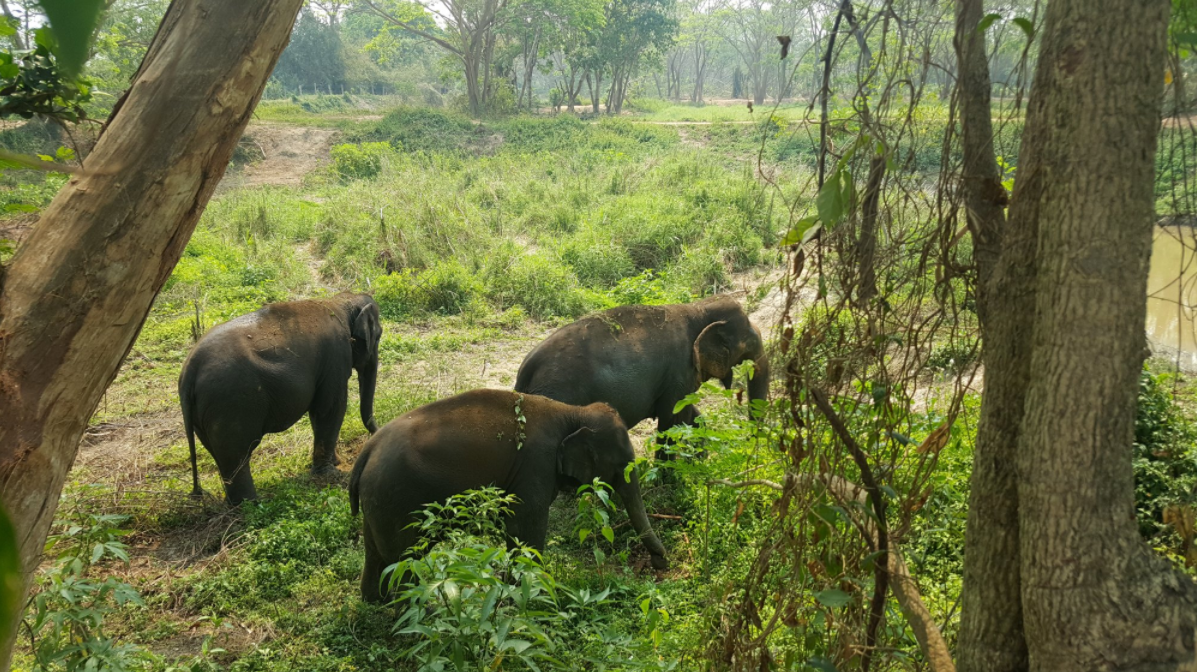
Watching elephants interact with each other when no tourists or mahouts are around is actually a much more magical experience.
What do GLA alumni think of this change?
We're proud to say that our students were the biggest advocates of making this policy change! It was their ability to observe and understand the negative consequences of elephant riding that caused us to seek new partners for this summer's programs. "Last year, a lot of students made the conscious decision for themselves to not ride the elephants, even though they had the option to," Lance says. "They may have come into the program with no concept of the captive wildlife industry, and yet they recognized what needed to be done. Many of those who did opt to ride, reflected later that it didn't feel right."
Evening discussions with mentors led students to question the complexities of employing animals in tourism. How could mahouts continue to make a living if the industry was to be revolutionized? How could future, unsuspecting tourists be educated on planning a more responsible trip? GLA is proud that our 2017 students recognized the need to align the tourism economy with higher ethics, and we expect no less of our future travelers.
Lance gives praise to his summer groups: "There are a lot of things I don't understand about teen culture, but one of the things I appreciate is that it's becoming cooler to care. Even as an adult staff member, I found it easy to connect with my students on issues like this one because of their social consciousness."
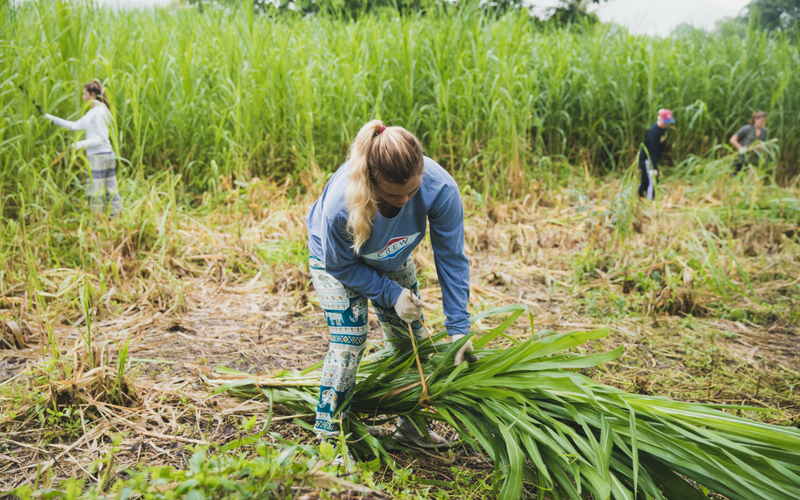
Our students were the biggest advocates of making this policy change.
Committing ourselves to responsible travel
At GLA, we believe that responsible travel doesn’t have to be an unattainable extreme. It can be as simple as making a small change to the way we view our journey to new places and how we interact with different cultures. In this case, we ask those who are still unsure of why we eliminated elephant riding from our programs to remember that our actions as tourists have powerful consequences. What may be convenient, entertaining or Instagram-worthy to us can come at the cost of another culture, geography or even species.
If you have any questions about our no-riding policy, related programs or our responsible travel philosophy, please give us a call at +1-858-771-0645.
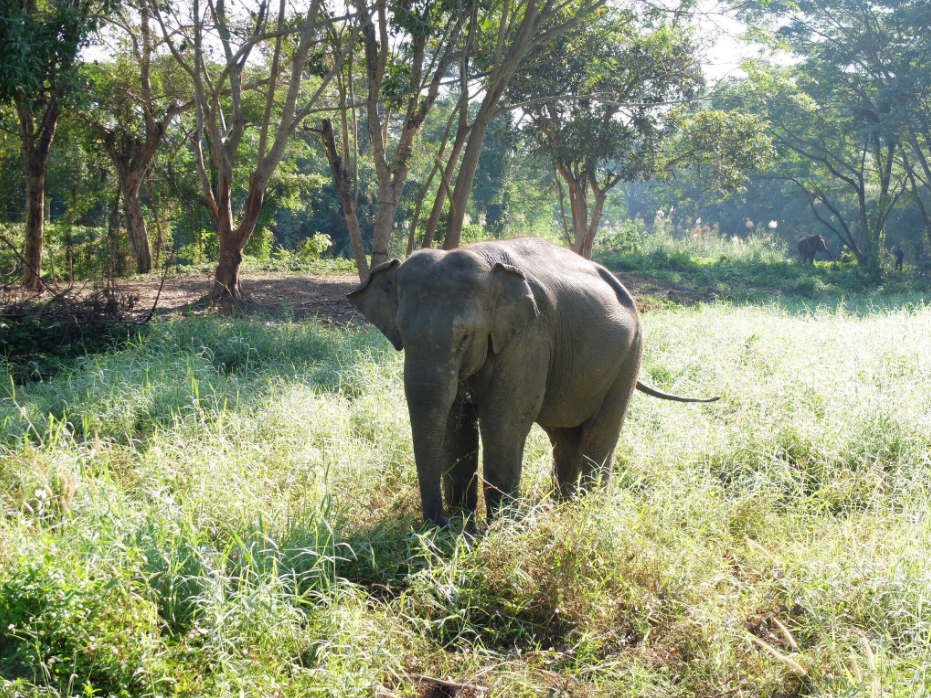
Time to travel to Thailand and experience a true, ethical elephant sanctuary!

